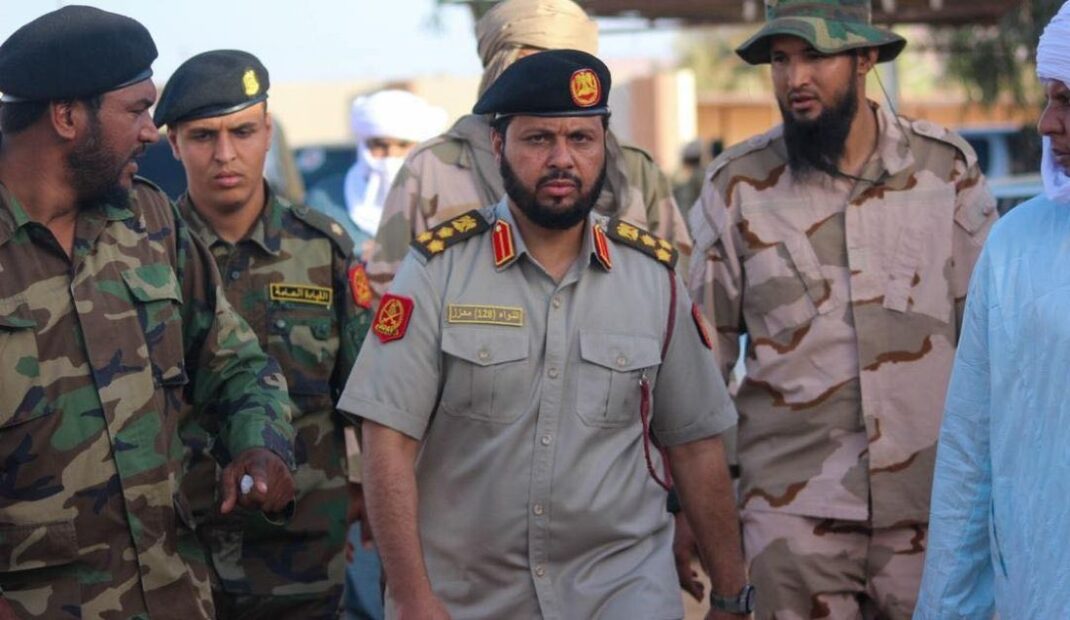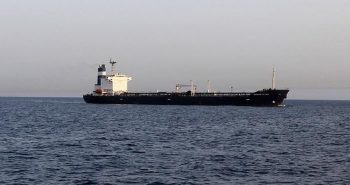The Sentry

Within the territories under its purview, the LAAF wields intimidation and brute force to suppress any form of dissent and intrude upon nearly every aspect of public life, frequently subjugating or overriding the authority of senior civilian decision-makers within state organs. Though it portrays itself as a national military and invokes security, the LAAF is not a regular army. From its inception, the LAAF has always defied Tripoli’s authority — no matter which government claimed legitimacy — and has engaged in various illegal enterprises, including banking abuses.
In 2014, this fledgling force began absorbing more militias from northeastern Libya and recruiting more remnants of Qadhafi’s army, growing in size but only sporadically attempting to tighten command structures. Moreover, since seizing key oilfields and terminals between 2016 and 2019, the LAAF has repeatedly used the threat of oil blockades to pressure Tripoli. Thanks to foreign support from Russia, the UAE, Belarus, and other states, the LAAF has persistently bolstered its military capabilities in violation of the UN arms embargo. Personal loyalties often overshadow any clear chain of command.
ambivalence, combined with the Haftars’ disregard for the law and their commitment to eliminating checks and balances, has prevented their armed coalition from becoming a transparent, accountable institution. While the LAAF undergoes periodic phases of partial consolidation, it does not evolve into a genuine national military. Instead, it restructures in ways that concentrate ultimate authority in the Haftar family’s hands, with illicit activities remaining at the LAAF’s core.
The faction has imposed itself in eastern and southern Libya as an inescapable overseer — and tax collector — of organized crime, including various forms of smuggling, trafficking, and economic fraud. LAAF units themselves have also become major participants in some of these illicit activities, mainly through Saddam Haftar’s growing political sway, armed deterrence, and territorial dominance. One telling example was the way the Haftar family disbanded a major component of its own coalition: Brigade 128.
From 2016 until early 2025, Brigade 128 was a major unit in the LAAF, extending the Haftar family’s influence into southwestern Libya. Under the leadership of Hassan Zadma and his brothers, Brigade 128 controlled illicit trade routes, cultivated tribal arrangements, and projected military power from Sirte in the north to the Ghat area in the southwest, as well as in Ajdabiya and Kufrah in the east.
Despite operating for years under the LAAF banner, the Zadma brothers bypassed Saddam Haftar’s official channels by maintaining direct connections with foreign states — mainly the UAE and Russia — and kept entire chunks of their illicit activities, including fuel smuggling profits, hidden from him. Their reluctance to submit to Saddam Haftar seems to have prompted him to view them as a threat.
In late 2024, he began dissolving Brigade 128, confiscating its heavy weapons, ousting its senior commanders, and placing some of its subunits under a new structure that answers directly to him. In February 2025, Saddam Haftar ordered Battalion 87 and other loyal units to conduct an attack on elements affiliated with Brigade 128 in the southern city of Qatrun.
The move, which caused the deaths of about 30 fighters in Qatrun in February 2025, further consolidated Saddam Haftar’s stature within the LAAF, removed potential rivals, and enabled him to somewhat reduce the overall volume of illicit activities under the LAAF at a time when doing so was politically judicious. Plus, for the sake of its law-and-order narrative, the Haftar family portrayed its dismantling of Brigade 128 in Qatrun as an anti-crime operation.
A few weeks later, in April 2025, the flow of smuggled fuel into northern Chad resumed, returning to nearly the same levels as when Brigade 128 controlled the area. To confront Brigade 128, Saddam had to deploy hundreds of armored vehicles and thousands of fighters from northeastern Libya into central and southwestern Libya. Such a buildup, which required significant time and resources, would not have been feasible a few years earlier, when he relied on Brigade 128 to project power in the southwest and lacked the manpower and materiel to replace it in the deep south.
This episode illustrates the ongoing process by which the LAAF, and particularly Saddam Haftar’s Ground Forces division within it, continually seeks to consolidate its internal structure and increase the personal power of Haftar family members. It also shows how, over time, the Haftar family tightens its control over the illicit economy — including fuel smuggling — throughout eastern and southern Libya.
_____________________
The Source: Inside Job: Libya’s Fuel Smuggling Escalation




